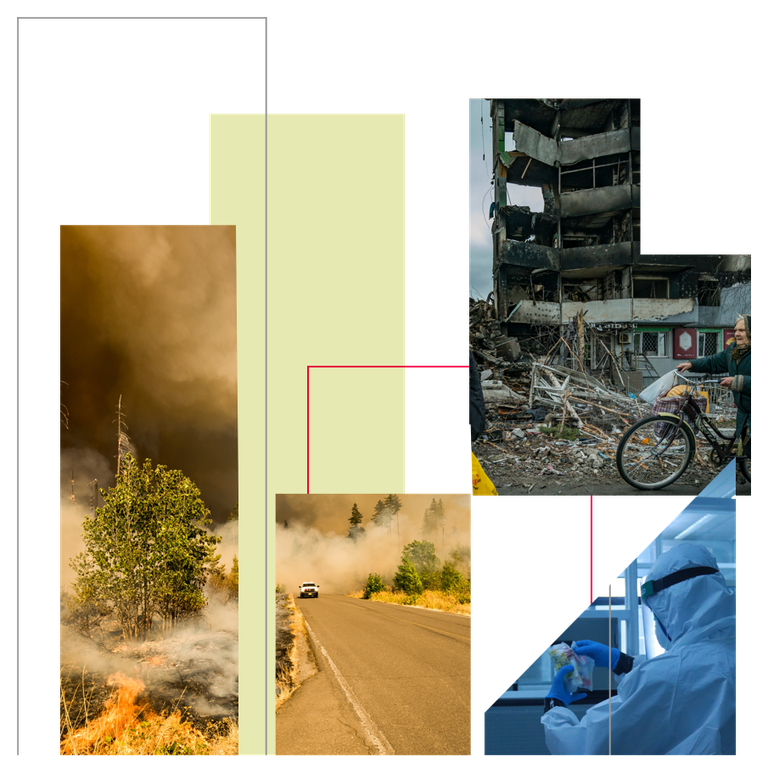This essay series comes at a challenging time in history. The world has been ravaged by the COVID-19 pandemic, climate change continues to visit unabated devastation on communities and Vladimir Putin’s aggressive war in Ukraine has wrought suffering on countless civilians.
All three of these catastrophes pose serious challenges in and of themselves, but they are also indicators of a global order whose institutional structures have come under growing strain. Part of the problem is that systems age, and linkages to the past fray over time. Ironically, the actions of the United States have also contributed to the problem, even if it was under American leadership that these institutions were created.
As the essays in this series make clear, what has not changed is the extent to which Canadian national interests are most easily pursued through a predictable, rules-based international system. The fact is, as one of us has previously argued (Shull and Den Tandt 2021), that the Trump administration was deeply destabilizing for Canadians and the world around us, America’s protectionist assault on Canada’s steel and aluminum industries being only the highest-profile example. There was active disdain for the World Trade Organization, the World Health Organization, the Paris Agreement, and the various institutions of free trade, including the North American Free Trade Agreement and the Trans-Pacific Partnership.
What has not changed is the extent to which Canadian national interests are most easily pursued through a predictable, rules-based international system.
Such an “America First,” and every country for itself, approach to global governance is incompatible with the challenges posed by actorless threats such as climate change and pandemics. The world is too interconnected, and the hazards faced by states today too omnipresent.
What’s more, our collective failure to nurture the international order has empowered some of its most nefarious actors. As we write this, Russian actions in Ukraine have pushed the world to the closest it has been to global — and, indeed, nuclear — conflict since the Second World War.
No matter the challenge, be it withering support for global institutions, actorless threats or authoritarian disruptors, the solution remains the same: leadership, collective action and competence. In a world marked by multipolarity, the contribution of every state, large and small, matters.
The authors in this essay series are correct to suggest that Canada cannot be a passive bystander in what is to come. The world desperately needs responsible, competent, international contributors, and we hope that this series will play at least a small part in shining light on a path forward.



